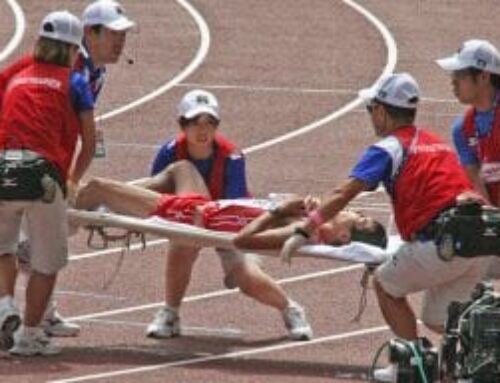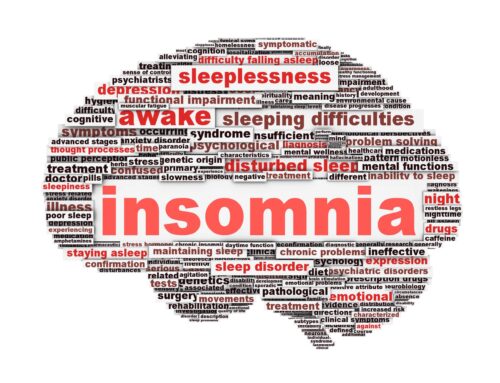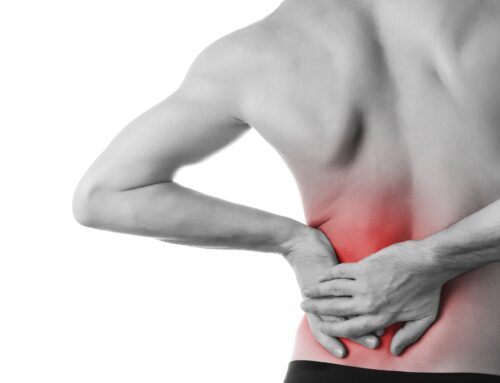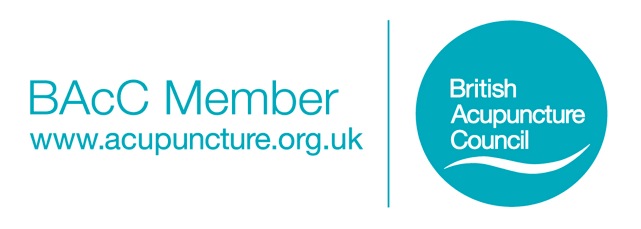The National Health Service (NHS) and National Institute for Clinical Excellence (NICE) has recommendations for the use of acupuncture. The great thing about the NHS and NICE is that they base their recommendations on current research however they only read the research that is written in English. There are well over 10,000 pieces of research published every year in China and the far east none of which gets looked at as they don’t read Chinese or any other far eastern language. So I present to you the recommendations by NICE for acupuncture for your reading and enjoyment.
Non-Specific low back pain in this guidence section 4.3 states “There is evidence that manual therapy, exercise and acupuncture individually are cost-effective management options compared with usual care for persistent non-specific low back pain.”
Osteoarthritis in this guidance section 4.6 states “Is it possible to identify subsets of people with osteoarthritis in whom existing treatments are more beneficial and cost effective (for example, acupuncture or hyaluronans)” so if this is a condition you suffer from it may be worth while taking to your doctor or specialist to see if acupuncture may be effective for you.
Percutaneous closure of patent foramen ovale for recurrent migraine guidance section 2.1.2 suggest that “acupuncture is sometimes used if medical therapy has failed” and you should discuss with your doctor or specialist to see if this is a treatment that may benefit you.
Alcohol dependence and harmful alcohol use has a wide discussion on Acupuncture and here is an extract of section 6.25:
Acupuncture is a form of Chinese medicine that has been practiced for over 3,000 years (Jordan, 2006). It involves inserting fine needles at selected points on the skin to balance the body’s energy (chi), with the aim of treating and preventing disease. Acupuncture was introduced specifically for use in the treatment of substance-related disorders approximately 30 years ago (Kao, 1974; Leung, 1977; Sacks, 1975; Wen, 1973). However, research has predominantly been for drug misuse, for example opioid dependence (Jordan, 2006) and cocaine dependence (Gates et al., 2006; Mills et al., 2005), as well as nicotine dependence (White et al., 2006). Research for the use of acupuncture in alcohol misuse is rather more limited and to date there are only two systematic reviews of acupuncture for alcohol dependence (Cho & Whang, 2009; Kunz et al., 2007). Addiction-specific auricular acupuncture involves inserting five small needles on each ear at points regarded to be specific to chemical dependence (known as ‘shen men’,
‘sympathetic’, ‘kidney’, ‘liver’ and ‘lung’) (Smith & Khan, 1988; Wen, 1979).
Induction of Labour whilst more research is needed in this area there is a growing acceptance that Acupuncture may be beneficial “as a method to alleviate labour pain and ripen the cervix” (section 5.2.3) however it is unlikely that you will be offered acupuncture on the NHS. My own and my clients experience of alleviating pain and inducing labour is very positive. If you would like a specialist fertility or pregnancy acupuncturist you can either contact me or have a look at the Northwest Fertility web site.
Here is the NHS Choices page for Acupuncture
Remember to always use a British Acupuncture Council (BAcC) member for any form of Acupuncture.





